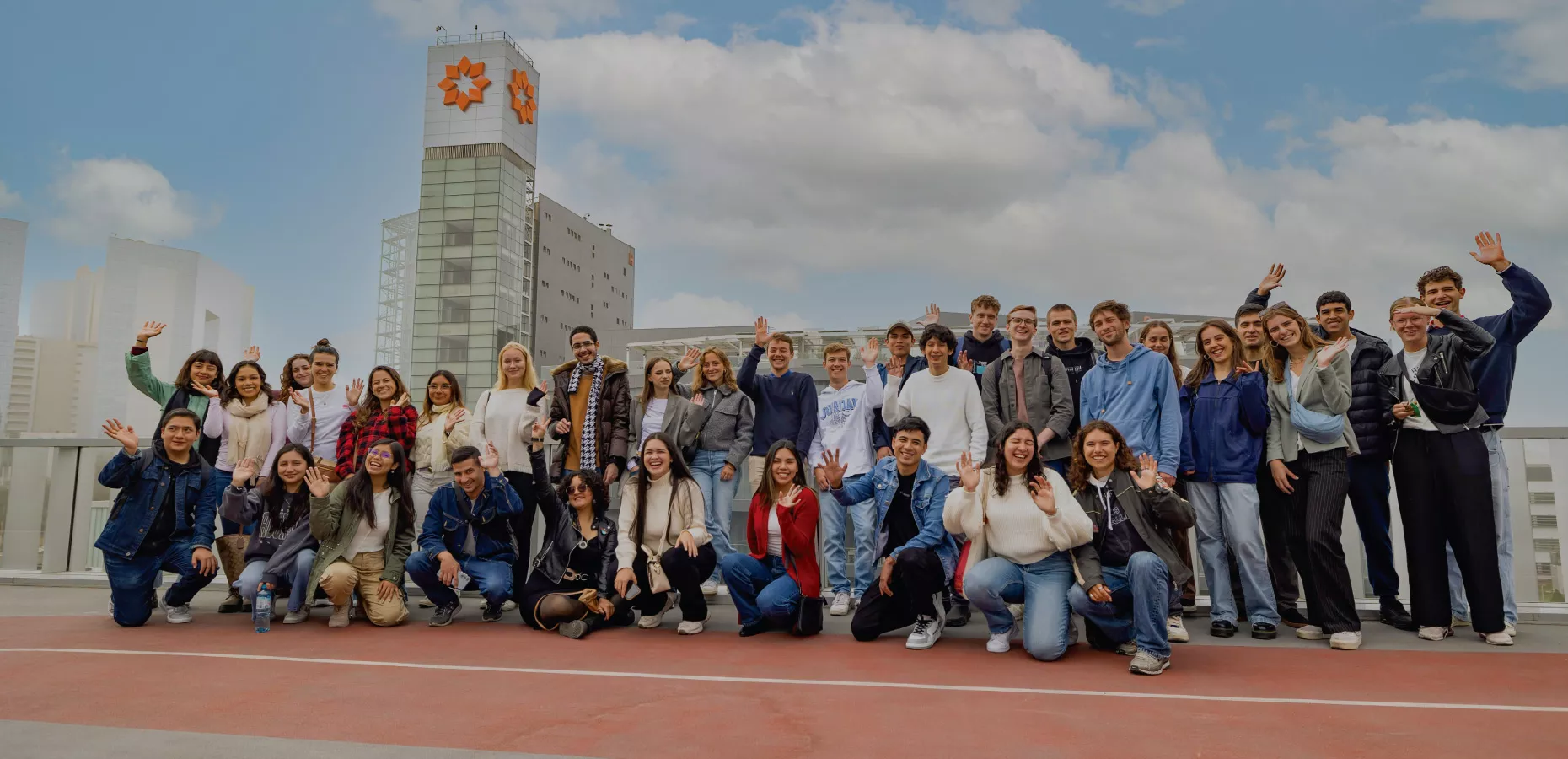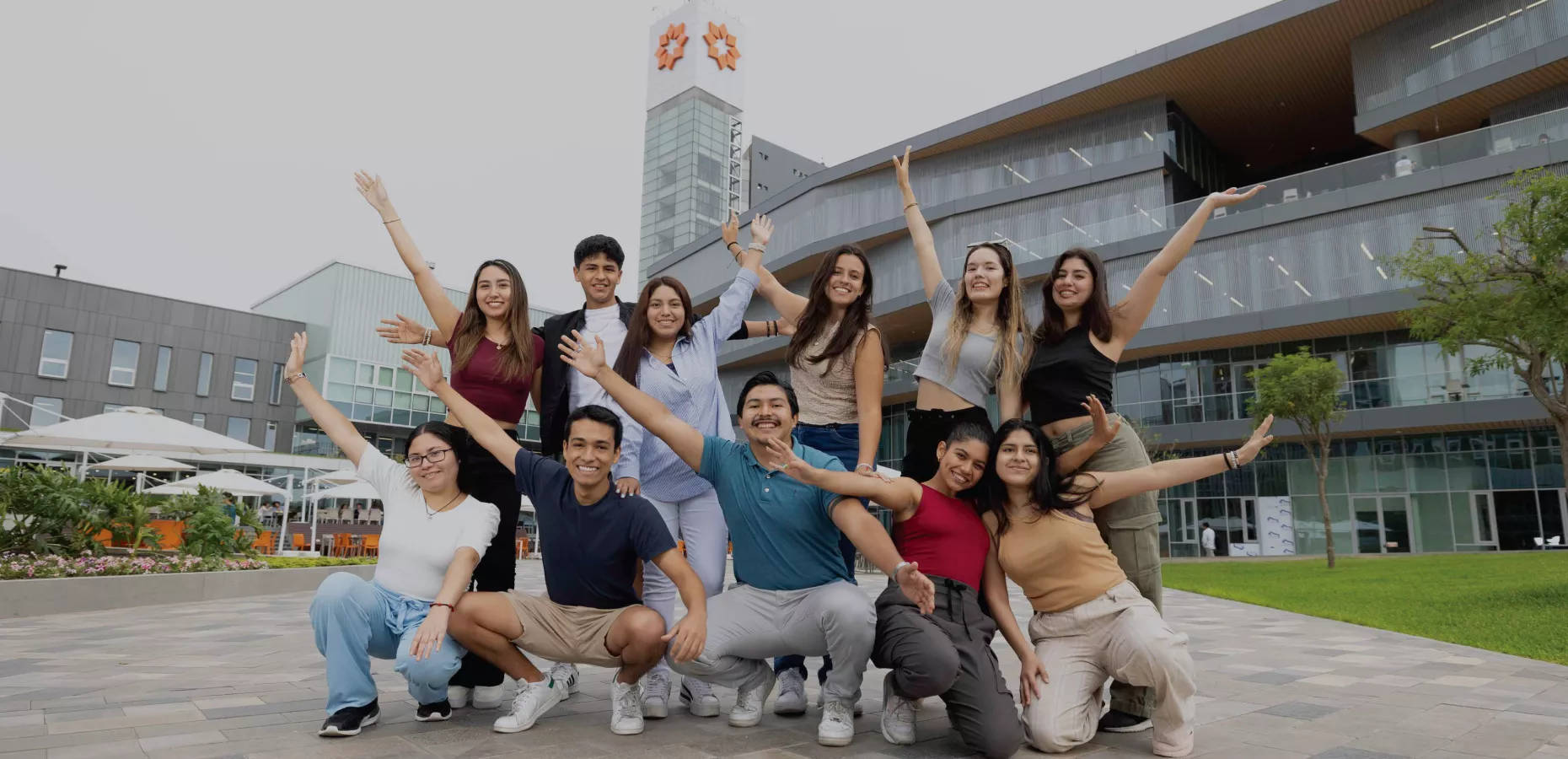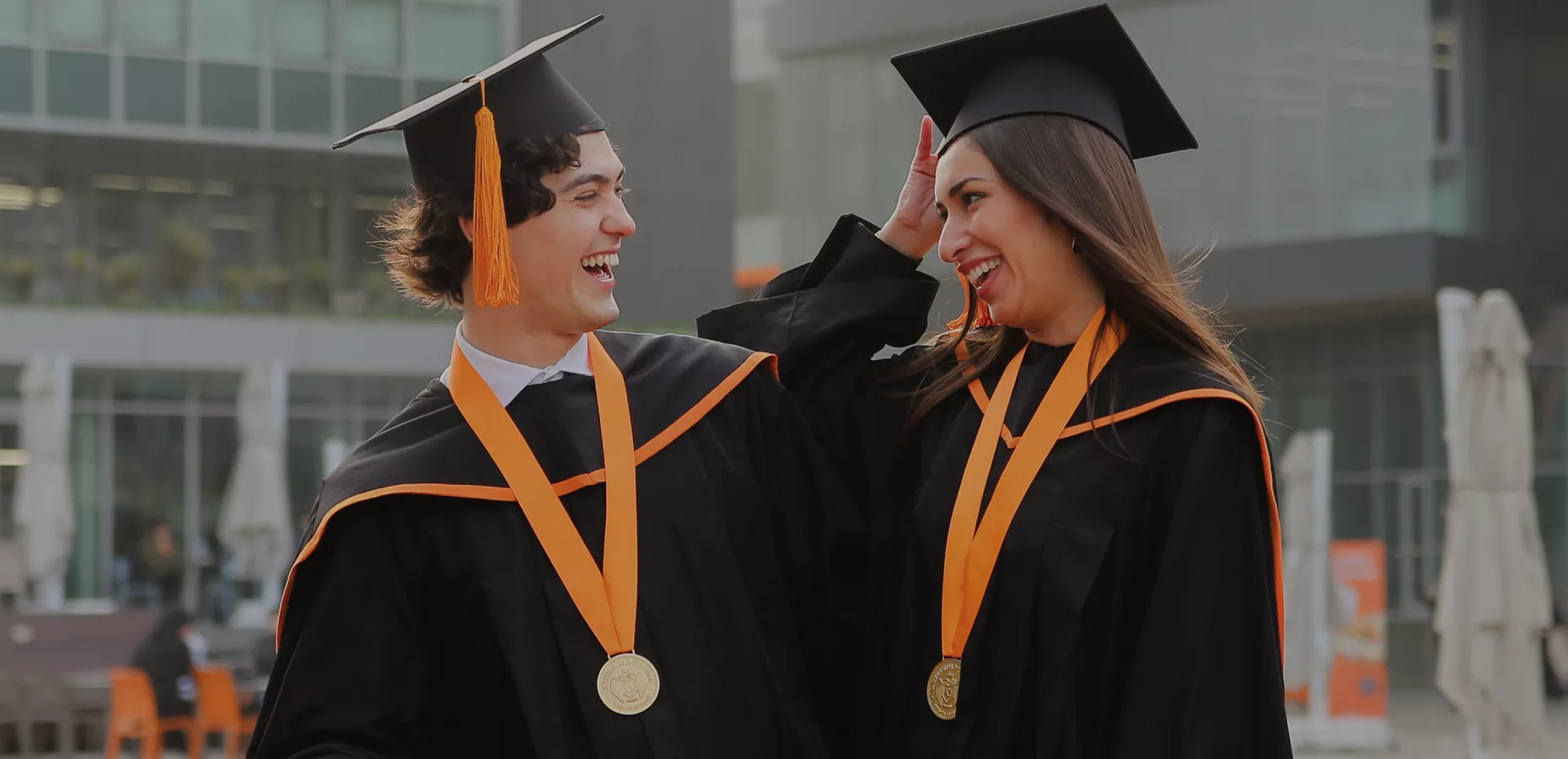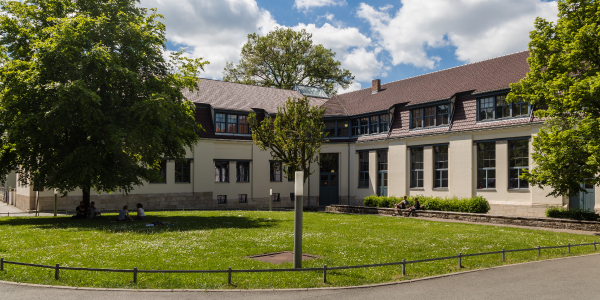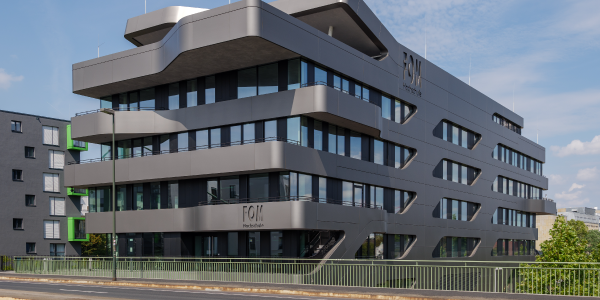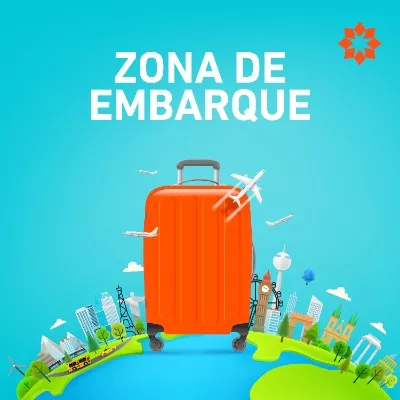International
ABOUT
Internationalization remains a key priority at Universidad de Lima. The Office of Internationalization—an advisory unit to the Rector’s Office—works to meet internationalization goals in a cohesive and strategic manner. In coordination with all areas of the university community and supported by strong administrative and technical resources, the office advances global engagement through strategic agreements with leading universities worldwide.
FOR ULIMA STUDENTS
Our agreements give you the opportunity to engage in an intercultural academic experience abroad, develop both personally and professionally, and gain the skills required in today's globalized world.
STUDENT EXCHANGE PROGRAM
As part of its internationalization policy, Universidad de Lima continues to expand its network of student exchange partner institutions each year.
DISNEY INTERNSHIP PROGRAM
This academic exchange and internship program, developed in partnership with Montclair State University and Disney International Programs, offers students a once-in-a-lifetime experience that combines academic learning with professional training at one of the world’s most iconic destinations—Disney.
INTERNATIONAL SECOND DEGREE PROGRAM
Universidad de Lima offers students the opportunity to pursue a second international bachelor's degree, expand their global outlook, and strengthen their international networks.
SHORT ACADEMIC PROGRAMS ABROAD
These short-term academic experiences abroad are ideal for students seeking international exposure within a limited timeframe. Universidad de Lima coordinates these programs through its Office of Internationalization in collaboration with each school.
ULIMA PALS
Each semester, Universidad de Lima welcomes students from its international partner universities through bilateral exchange agreements. The PALS program—led by student volunteers from various academic schools—supports the integration of international students into both campus life and the local culture.
ULIMA TANDEM
Mastering a language requires both understanding and practice. That’s why the Ulima Tandem program pairs Ulima students with international students, encouraging mutual language learning and cultural exchange through real-life conversations and interaction.
FOR INTERNATIONAL STUDENTS
Welcome to Universidad de Lima! We’re thrilled you’ve chosen us for your exchange experience in Peru. Located in one of Latin America’s leading hubs for development and investment, Universidad de Lima proudly offers 14 academic programs you can choose from, including: Management, Architecture, Communication, Accounting and Finance, Law, Economics, Civil Engineering, Industrial Engineering, Systems Engineering, Environmental Engineering, Mechatronics Engineering, Marketing, International Business, and Psychology.
INTERNATIONALIZATION
INTERNATIONAL AGREEMENTS
STUDENT EXCHANGE
With more than 170 international agreements in place, Universidad de Lima offers you the chance to build strategic global connections and enjoy a rich academic and cultural experience abroad.
SCHOLARSHIPS AND GLOBAL OPPORTUNITIES
Universidad de Lima offers a wide range of international opportunities, including Erasmus+ and other scholarships, grants from institutions recognized for academic and professional excellence, international graduate programs for alumni and visiting researchers, and participation in global networks and collaborative projects.
ULIMA COIL
Ulima COIL is a teaching and learning approach that leverages information and communication technologies (ICT) to connect students and faculty with international peers and academic networks through joint sessions, fostering global and intercultural skills. These activities may take the form of COIL or mirror sessions.
OIL, or Collaborative Online International Learning, is a virtual exchange strategy that promotes intercultural competence through collaborative, multicultural learning environments. It connects students and faculty from different countries and cultural backgrounds to engage in meaningful academic interaction. The program consists of a minimum of four sessions, starting with an icebreaker activity.
FOR STUDENTS
- Development of intercultural competencies, including intercultural awareness (knowledge), sensitivity (attitudes), and effectiveness (skills).
- The opportunity to gain international experience without leaving your home university.
- Access to the knowledge and expertise of international faculty.
FOR FACULTY
- Training in the COIL methodology
- Knowledge exchange with international faculty
- Opportunity to teach students from international partner universities
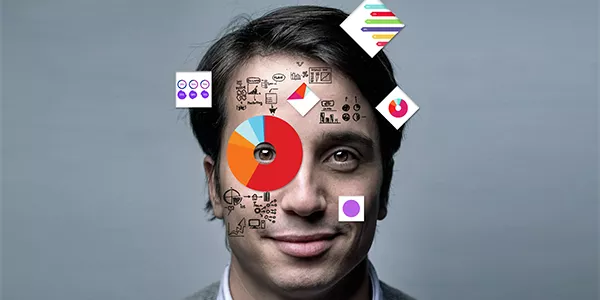
SCHOOL OF BUSINESS
MANAGEMENT
The Management Undergraduate Program trains professionals in business management, equipping them with solid theoretical and practical knowledge. This foundation enables them to lead top-tier organizations in areas such as talent management, operations and international logistics, finance, marketing and commercial management, business innovation, and research. It also prepares them to successfully create, implement, and manage their own business ventures.
Professionals specialized in business management, planning and organization. They drive with social responsibility and multidisciplinary education within an entrepreneurship-based ethical framework.
- Finance and Investment
- Talent Management
- Business Innovation and Information Technology
- Marketing and Consumer Behavior
- International Operations and Logistics
- Digital Transformation
- Corporate Sustainability

SCHOOL OF ARCHITECTURE
ARCHITECTURE
The Architecture Undergraduate Program prepares future architects with a humanistic education, technical expertise and management skills—all grounded in rigorous quality standards. At Universidad de Lima, students have access to specialized spaces where they can explore different materials, build architectural models, and develop project management abilities.
Professionals with construction skills who provide solutions with creativity and social responsibility, generating a positive impact on urban and environmental surroundings.
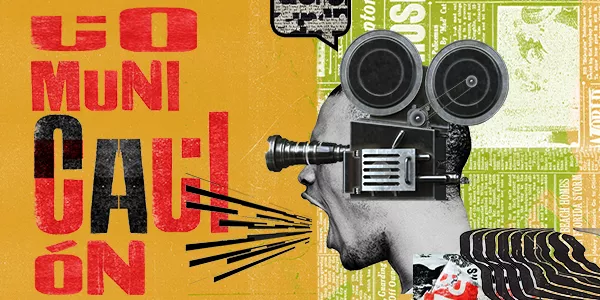
SCHOOL OF COMMUNICATION
COMMUNICATION
The Communication Undergraduate Program—created in 1972 and forerunner nationwide—provides comprehensive training focused on planning and management of communication projects, as well as on development of innovative products with creativity and critical approach. The flexible curriculum allows students to have a bigger picture of this profession and the possibility to choose one or more specializations.
Professionals capable of conducting journalistic endeavors, developing marketing strategies, and preparing advertising plans, as well as designing video games and applications, corporate image and social development programs. Students also have the opportunity to focus on producing high-impact visual content through graphic design and photography.

SCHOOL OF BUSINESS
ACCOUNTING AND FINANCE
The Accounting and Finance Undergraduate Program prepares well-rounded professionals for sectors such as industry, commerce, consulting, and business advisory services. They are known for their proven efficiency in information management and strong decision-making skills in financial management, tax compliance, and internal controls.
Professionals with suitable skills on financial, accounting, tax and control areas. Fully capable of designing, planning, developing and implementing strategic solutions within global environments.

SCHOOL OF LAW
LAW
The Law Undergraduate Program trains professionals with in-depth legal expertise, ready to analyze and apply the law effectively in any scenario. With a strong focus on negotiation, we prepare students to resolve conflicts efficiently—without the need for litigation—aligning with today's global trend toward alternative dispute resolution.
Professionals with in-depth knowledge of legal sciences, prepared to assume leadership roles across diverse sectors and to deliver efficient and ethical solutions.

SCHOOL OF ECONOMICS
ECONOMICS
The Economics Undergraduate Program trains highly skilled professionals to pursue careers in the private or public sectors. In the private sector, our economists will be able to assess and respond to the effects of environmental factors to efficiently allocate economic resources within organizations. This will enable them to effectively address short- and medium-term issues from real-world and financial perspectives. In the public sector, they will be able to provide viable solutions to key challenges related to the country's economic development.
Professionals with a solid and comprehensive background in macroeconomics and microeconomics, proficient in econometric modeling, data science, and financial statement analysis. These competencies enable them to make ethically sound decisions across the public and private sectors, both nationally and internationally. They demonstrate visionary leadership, excel in collaborative environments, and approach challenges through systemic thinking and a commitment to continuous learning.
- Applied Data Science for Economics
- Investment Management
- Economic and Financial Research
- Financial Theory and Stock Markets
- Economic Policy

School of Engineering
ENVIRONMENTAL ENGINEERING
The Environmental Engineering Undergraduate Program trains leaders capable of finding a balance between development and sustainability. The comprehensive approach combines basic sciences, applied engineering and environmental management, allowing professionals to face global challenges such as climate change, circular economy, and ecosystem conservation. Students build skills in advanced technology, environmental legislation and sustainable corporate strategies, working in key sectors to foster competitiveness and environmental responsibility. Supported by modern laboratories and real projects, this program provides students with a practical and transformative education to play a leading role in making the planet more sustainable.
Professionals capable of leading cutting-edge transformation in environmental culture. The theoretical and practical training allows them to identify interactions between productive activities and the environment, in order to devise robust and innovative solutions to design and implement engineering systems that secure the environmental sustainability of processes.
- Conservation and Environmental Health
- Environmental Impact Assessment and Risk Management
- Environmental Management
- Technologies for Environmental Sustainability

SCHOOL OF ENGINEERING
CIVIL ENGINEERING
The Civil Engineering Undergraduate Program strengthens the construction industry, and offers students a solid training in design and construction with great technical soundness. Moreover, students will learn to lead work teams, manage processes and costs, and develop eco-friendly projects that offer creative and innovative responses to the global construction sector.
Graduates from the Civil Engineer Program stands out for their comprehensive approach and innovative capacity to solve problems in the construction sector. With a solid background in science, engineering, research and management—combined with a collaborative and multidisciplinary perspective—they leverage Information and Communication Technologies (ICT) to manage infrastructure projects in an efficient and sustainable manner throughout the entire asset life cycle. Their commitment to excellence is reflected in the ability to consider technical, global and social aspects in the design and implementation of projects, ensuring a positive impact on the community.
Student Outcomes (SO) describe the competencies that a Civil Engineering student develops during their academic training. Below are each of the skills:
- SO1: An ability to identify, formulate, and solve complex engineering problems by applying principles of engineering, science, and mathematics.
- SO2: An ability to apply engineering design to produce solutions that meet specified needs with consideration of public health, safety, and welfare, as well as global, cultural, social, environmental, and economic factors.
- SO3: An ability to communicate effectively with a range of audiences.
- SO4: An ability to recognize ethical and professional responsibilities in engineering situations and make informed judgments, which must consider the impact of engineering solutions in global, economic, environmental, and societal contexts.
- SO5: An ability to function effectively on a team whose members together provide leadership, create a collaborative and inclusive environment, establish goals, plan tasks, and meet objectives.
- SO6: An ability to develop and conduct appropriate experimentation, analyze and interpret data, and use engineering judgment to draw conclusions.
- SO7: An ability to acquire and apply new knowledge as needed, using appropriate learning strategies.
The Program Educational Objectives (PEO) outline the key milestones every civil engineering professional must achieve, based on insights from employers, alumni, faculty, and students.
A graduate from Universidad de Lima in Civil Engineering achieves the following:
- PEO 1: Mastering technical skills for planning, analyzing, designing, constructing, supervising, operating, and maintaining infrastructures.
- PEO 2: Excelling in project management, teamwork, and leveraging ICT to provide valid, creative, innovative, and sustainable technical solutions for the efficient management of infrastructure projects.
- PEO 3: Leading with confidence and communicating effectively within multidisciplinary teams during all phases of infrastructure project management.
- PEO 4: Committing to lifelong learning and harnessing the latest technologies in infrastructure management.
- PEO 5: Innovating and researching to meet engineering challenges with a focus on continuous improvement.
- PEO 6: Practicing with a strong ethical foundation and social responsibility to drive sustainable development in both organizations and communities.

SCHOOL OF ENGINEERING
INDUSTRIAL ENGINEERING
The Industrial Engineering Undergraduate Program trains professionals who foster a culture of quality and constantly seek opportunities for improvement within organizations. Our industrial engineers have the skills to design, implement, manage, and improve production processes for goods and services. Thus, they are committed to business competitiveness and profitability.
Professionals capable of developing, analyzing, evaluating and optimizing business projects, and identifying areas for business opportunities through production processes of goods and services.
- Business Analytics
- Engineering Project Management
- Business Engineering
- Technological Innovation
- Supply Chain Management

SCHOOL OF ENGINEERING
SYSTEMS ENGINEERING
The Systems Engineering Undergraduate Program trains skilled professionals to meet organizational challenges and demands by integrating business processes and developing, implementing, and managing IT solutions.
Professionals equipped to meet organizational challenges on a global scale. Taking a holistic approach, they develop and manage groundbreaking IT solutions to foster innovation and efficiency across industries.

SCHOOL OF ENGINEERING
MECHATRONICS ENGINEERING
The Mechatronics Engineering Undergraduate Program trains well-rounded professionals capable of revolutionizing the industry by incorporating advanced techs such as robotics, automation, and AI. Our graduates design and implement automatic systems that improve both competitiveness and efficiency in different productive sectors. They combine mechanics, electronics, and control in order to devise innovative and sustainable solutions—leading not only the technological progress but also bolstering the future of smart systems.
Professionals capable of designing, simulating, developing, and integrating state-of-the-art machines and automatic systems. Their theoretical and practical knowledge allows them to innovate productive processes through synergies in mechanics, electronics, programming, and control, in order to contribute toward organizational competitiveness.
- Automation and Industrial Robotics
- Technological Innovation
- Simulation and Cyber Physical Systems

SCHOOL OF BUSINESS
MARKETING
The Marketing Undergraduate Program prepares students to lead innovation processes, create unique value, develop brands and new markets, and make strategic decisions in their own ventures or within external organizations. Our graduates receive modern training in marketing and customer management, with emphasis on evidence-based decision-making. Additionally, we foster the development of cross-cutting managerial skills.
Professionals with ethics, global leadership skills and great capacity to manage processes around innovation, value creation, marketing and business management.
- Data Science and Machine Learning
- Commercialization and Trade Marketing
- Entrepreneurship in Sports Marketing and Sponsorship
- Entrepreneurship in Innovation and Technology Marketing
- Strategic Brand Management
- Market Research and Consumer Behavior
- Digital Marketing
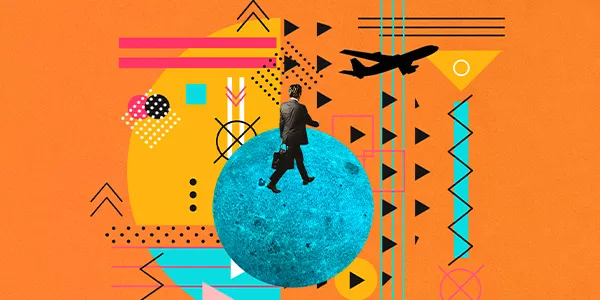
SCHOOL OF BUSINESS
INTERNATIONAL BUSINESS
The International Business Undergraduate Program equips professionals with the theoretical and practical knowledge needed for global business management, modern financing mechanisms, and innovative trade tools required by the global market.
Professionals with a strategic vision skilled in competitive and successful international insertion who master modern financing mechanisms and new trading instruments required by the global market.
- International Market Intelligence
- International Finance
- International Trade Logistics
- International Relations
- Sustainability and International Strategies

SCHOOL OF PSYCHOLOGY
PSYCHOLOGY
The Psychology Undergraduate Program offers up-to-date theoretical and practical training that prepares students to work effectively in clinical, educational, and organizational settings. Its methodology fosters the development of diagnostic and intervention skills, both individual and group-based. Graduates are committed to service, respect, and a genuine interest in people, enabling them to understand and explain behavior and mental processes. The program also provides strategies to predict behavior and intervene in ways that support individuals' development and well-being across various areas of life.
Professionals with a solid understanding of the psychological processes behind human behavior across diverse contexts. They are capable of designing and applying techniques to address behavioral challenges at both the individual and group level.
INTERNATIONAL NETWORKS
ASOCIACIÓN UNIVERSITARIA IBEROAMERICANA DE POSGRADO
Asociación Universitaria Iberoamericana de Posgrado (AUIP) is a UNESCO-recognized international NGO dedicated to promoting graduate and doctoral education across Ibero-America. It currently comprises nearly 185 leading institutions of higher education from Spain, Portugal, Latin America, and the Caribbean.
AUIP's mission is to support high-quality academic training for university faculty, researchers, and professionals at the graduate and doctoral levels, in alignment with the development priorities of each country and the broader Comunidad Iberoamericana de Naciones (CIN). To fulfill this mission, AUIP promotes the effective evaluation and recognition of its members’ graduate programs within national legal frameworks; encourages academic exchange among faculty, researchers, and students; and fosters collaborative graduate and research initiatives across institutions.
To see the current graduate scholarship call, click here.
For more information about AUIP, click here.
INTERUNIVERSITY DEVELOPMENT CENTER
The Interuniversity Development Center (CINDA) is a collaborative network of 38 higher education institutions in Ibero-America. Since its creation, it has focused on advancing higher education by addressing key issues such as internationalization, quality assurance, strategic management, and curricular innovation.
CINDA partners with leading universities across the region and is recognized for its dynamic and adaptable approach. Its evolving identity enables it to anticipate and respond to emerging trends, fostering critical dialogue and analysis to support its member institutions.
For more information, click here.
COMPOSTELA GROUP OF UNIVERSITIES
The Compostela Group is a nonprofit network of universities founded in 1993 by Universidad de Santiago de Compostela (Spain). Its mission is to promote cooperation and dialogue in higher education among its members.
Originally formed to unite universities along the ancient European pilgrimage routes to Santiago de Compostela and preserve their common cultural heritage, the network has since expanded to include over 70 universities worldwide, including institutions outside Europe.
Key goals of the group include enhancing communication among member institutions, hosting events focused on European issues, and encouraging mobility to promote awareness of European languages and cultures. Its core working groups focus on Multilingualism and Intercultural Communication, European Studies, Gender Studies, and Non-Academic Mobility.
For more information, click here.
COLUMBUS NETWORK
Founded by the European University Association (EUA) and the Association of Latin American Universities (AULA), Columbus is the first multilateral network connecting university leaders from Europe and Latin America. It currently brings together 43 universities across 14 countries and has over 30 years of experience in higher education.
It currently plays a key role in international cooperation in higher education between Europe and Latin America, fostering innovation, supporting institutional growth, and promoting academic development among its members.
Columbus brings extensive experience in designing practical management strategies for higher education institutions. It also specializes in identifying strategic priorities and coordinating projects to support institutional transformation. Through its member universities, Columbus provides a comprehensive range of services in teaching, research, and outreach.
For more information, click here.
EUROPEAN ASSOCIATION FOR ARCHITECTURAL EDUCATION
The Architecture Program is part of the European Association for Architectural Education (EAAE), a network that includes architecture schools and educators in Europe and around the world. The EAAE serves as a hub for sharing knowledge and best practices in architectural education, with a focus on leveraging current research to drive academic innovation.
For more information, click here.
IBERONEX
IBERONEX, a network of Planeta Formación y Universidades, aims to promote continuing education at an international level. It develops training programs for companies, specifically designed to strengthen skills and optimize team performance—always aligned with the strategic objectives of each organization.
They also work with a wide network of universities to drive the internationalization of academic curricula by integrating high-quality international training programs aligned with the demands of a global market.
For more information, click here.
LATIN AMERICAN INITIATIVE FOR THE INTERNATIONALIZATION OF HIGHER EDUCATION
INILATmov+ was created as part of the Latin American Initiative for the Internationalization of Higher Education (INILAT), which brings together six countries in the region and their respective internationalization networks: Brazil (FAUBAI), Chile (Learn Chile), Colombia (RCI–ASCUN), Ecuador (REIES), Mexico (AMPEI), and Peru (REDIPERÚ).
The program aims to promote both virtual and in-person mobility for undergraduate and graduate students, as well as foster academic collaboration among institutions from the six INILAT member countries. Virtual mobility is considered a key tool for making exchange opportunities more inclusive.
Across six academic semesters, the program has facilitated virtual or in-person mobility for over 1,100 students at 192 participating institutions.
For more information, click here.
GRUPO LA RÁBIDA
La Rábida is a non-profit network of Ibero-American universities founded by Universidad Internacional de Andalucía in 1995. It promotes cooperation across academic, scientific, technological, and cultural fields, with the goal of building stronger university connections and fostering the integration of Ibero-American countries. Today, it brings together more than 60 member universities.
Its initiatives include building links toward a shared academic environment for students and encouraging collaboration based on existing bilateral and multilateral relationships. It also focuses on strengthening member institutions through curriculum development and improved administrative and financial management; enabling academic and research exchanges; offering regional courses and graduate programs; and creating regional R&D networks to support joint project development.
For more information, click here.
INTER-AMERICAN ORGANIZATION FOR HIGHER EDUCATION
The Inter-American Organization for Higher Education (IOHE) is an international network founded to promote academic collaboration and reinforce connections among higher education institutions throughout the region. It brings together universities from 28 countries across 9 regions— the Andean countries, Brazil, Canada, the Caribbean, Central America, Colombia, Mexico, the Southern Cone, and the United States —to exchange knowledge and develop joint initiatives.
Over the years, IOHE has become a leading force in fostering university collaboration, emphasizing lifelong learning as a key factor in advancing higher education institutions (HEIs) across the Americas. This vision led to the creation of the Virtual Mobility Space in Higher Education (eMOVIES), an initiative that provides participating HEIs with an innovative alternative to traditional mobility models by allowing students to take virtual courses from other IOHE-affiliated universities.
In addition to its focus on academic mobility, the organization leads events and activities that promote dialogue on key issues related to the region’s educational and cultural development. Its core goals include promoting collaborative initiatives among member institutions, reinforcing academic networks, and advancing educational quality.
For more information, click here.
PLANETA FORMACIÓN Y UNIVERSIDADES
Founded in 2003 as an international network of educational institutions, Planeta Formación y Universidades reflects Grupo Planeta's commitment to higher education and vocational training.
It brings together universities, business schools, specialized higher education institutions, and vocational training centers. It has also signed framework agreements with over 300 partner universities and business schools worldwide, helping its institutions stay at the forefront of educational innovation and value creation..
For more information, click here.
NEWS AND INTERVIEWS
AGENDA
We have no upcoming events for this area.
AUTHORITIES

Antonio Esquivel Delfín
Director of Internationalization
aesquive@ulima.edu.pe

Andrea Linares Jordan
Academic Mobility Coordinator
amlinare@ulima.edu.pe
uce_intercambio@ulima.edu.pe

Claudia Patricia Valencia Lazarte
Coordinator of Strategic Projects and International Networks
cvalenci@ulima.edu.pe
